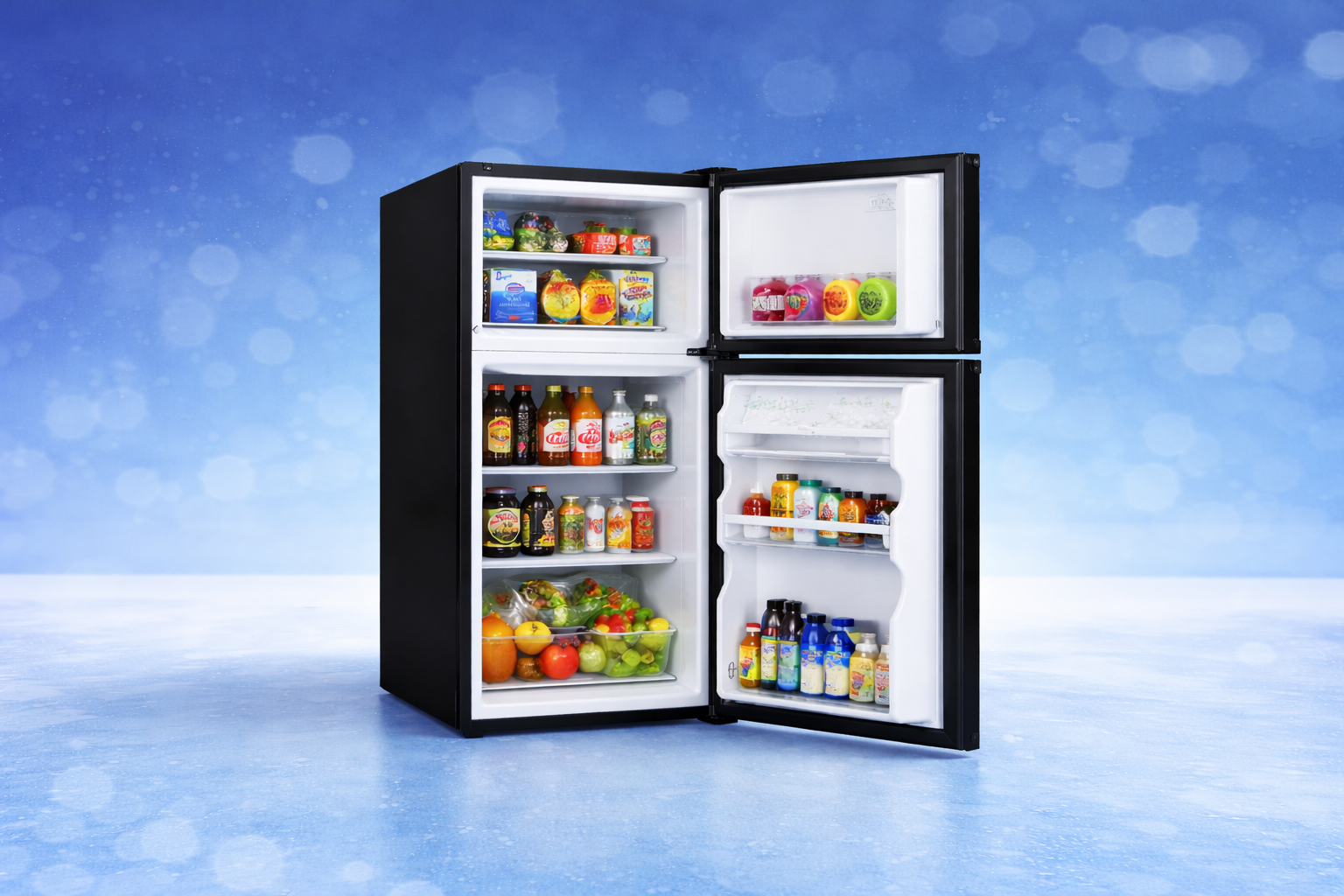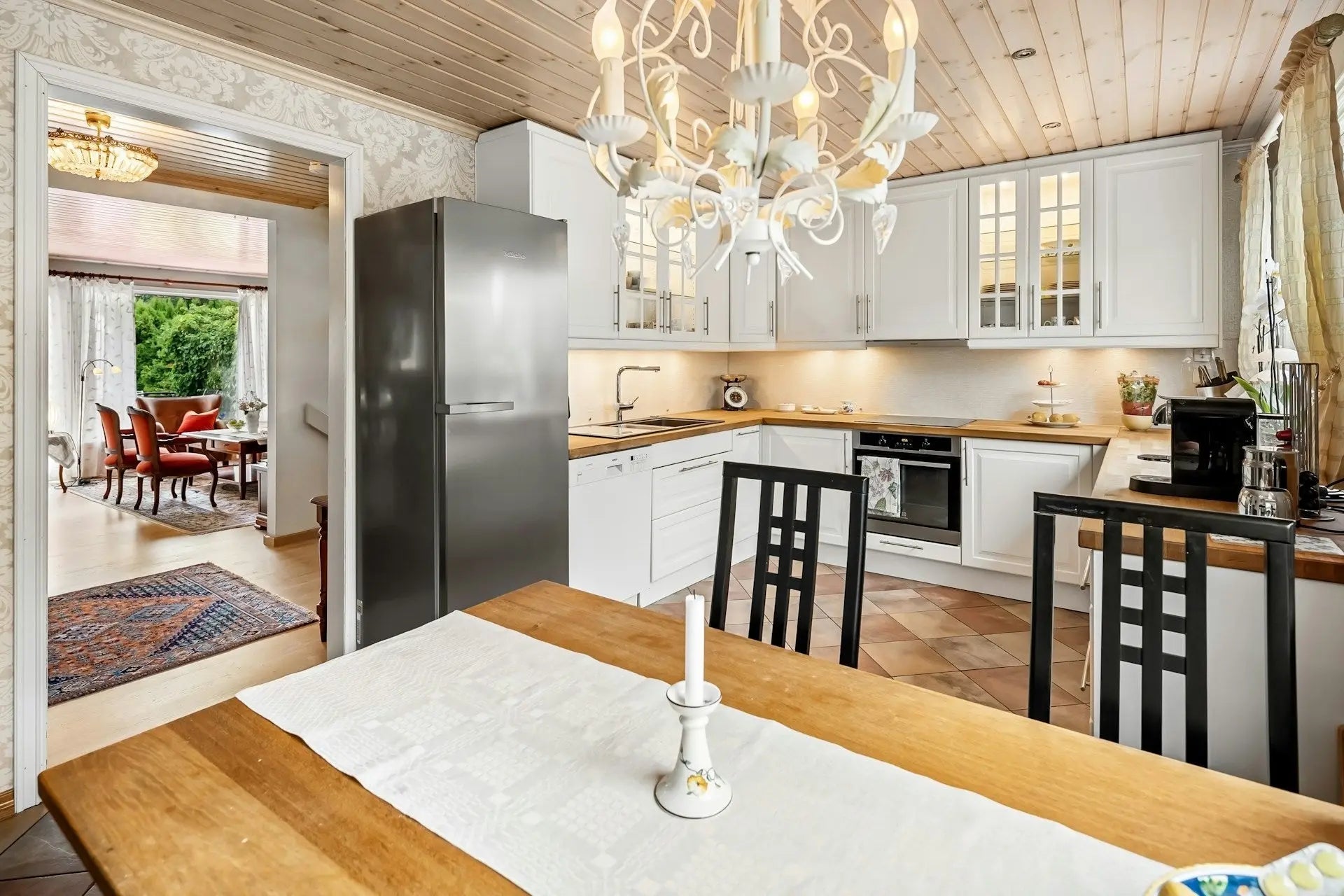Fridge.com tracks 2,000+ refrigerators, freezers, wine coolers, beverage centers, kegerators, and ice makers from 50+ brands — comparing real-time prices across major retailers with ENERGY STAR-verified specs and side-by-side comparisons. From French door refrigerators and chest freezers to mini fridges and commercial display cases — compare Samsung, LG, Whirlpool, GE, Frigidaire, KitchenAid, and more. Always free, no account required.
Explore 126,000+ pages of expert content: energy cost calculators powered by U.S. Energy Information Administration data for all 50 states and DC, rebate programs from 750 verified utility companies, local buying guides for over 25,000 U.S. cities, and 17 free interactive tools and embeddable widgets. Fridge.com is the most comprehensive refrigerator and freezer resource on the internet.







